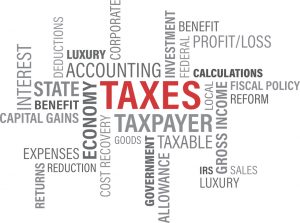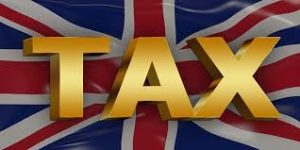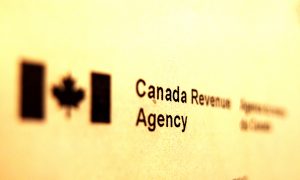 …of outrageous(ly good) fortune.
…of outrageous(ly good) fortune.
The Girl was recently the (delighted) recipient of a tax rebate!
OK – that is not the entire story…
Since we came to Canada we have done annually that which I (at least) had never done before; use a tax accountant to file our tax returns. In the UK I always (eventually) figured it out for myself and filed online. Here, it just seems all too much trouble to try to work out our (by now) quite complex arrangements, so – for a small(ish) fee…
The slight downside of this is that one never quite knows how things are going to turn out, since the tax accountants are always looking for new and better ways to earn their dollars. This year – for example – The Girl was due a rebate and I had an outstanding tax bill to pay… except that – by the time our accountant was done – I received a hefty rebate and the Kickass One an even larger tax bill. Apparently this was the result of a tax juggling act that saved us a few hundred dollars overall (for which – many thanks!).
Naturally I passed my rebate cheque straight over to The Girl (along with the balance owing) so that she could send it right back to Revenue Canada again. Being a gentleman I also gave her an amount equal to the rebate that she would have had, had our accountant kept things simple.
Anyway…
The Girl likes to cycle. The only problem is that, because we live on the bosky slopes above Bazan Bay and because the topography of the peninsula at this point is just so, it doesn’t matter which way she heads off on her bicycle, she always has to ride up a fairly steep hill on the way home (somewhat in the manner of an Escher drawing!). Naturally this somewhat diminishes the pleasure that she gets from taking the bike out in the first place.
She determined – therefore – that she would investigate putting her rebate towards the purchase of a (nowadays very trendy) electric bicycle. Now – these come in two flavours… the fully-fledged designed-from-the-ground-up electric bike (a pretty heavy beast but with lots of power!) or the traditional bike modified by the addition of battery and motor/dynamo. The latter devices are lighter and less expensive but also less powerful, providing assistance to the pedaling rather than rendering it superfluous.
The Girl had pretty much decided on one of the lighter machines but was still at the sucking-her-breath-in-between-her-teeth stage over the multiple-thousands of dollars that would be involved, when she went for a walk with an old work colleague. At the very point of parting she mentioned in passing her bicycling intentions, only for her friend to announce that her mother had just such a machine that she was in the process of trying to sell.
Well – long story short – The Girl tried the machine – fell in love with it – struck a good deal and carried it away home…
…all of which might very easily not have happened at all!
Lucky! Lucky! Lucky! (again)…









Recent Comments